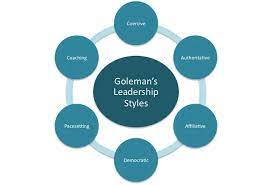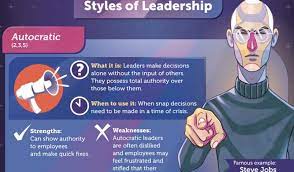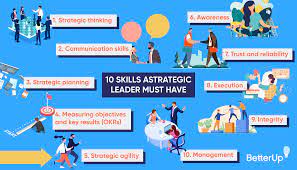Affiliative Leadership Style: Why It’s More Effective Than Traditional Leadership
The way we lead is important. It can have a huge impact on the success of our teams and organizations. And there’s no question that traditional leadership styles are effective. But what if there was a different way to lead that was even more effective? Affiliative leadership is one option that has been shown to be more successful than traditional leadership in many cases.
What is Affiliative Leadership?
Affiliative leadership is defined as a style of leadership that emphasizes relationships and mutual collaboration. Leaders who use this style are usually patient, understanding, and accommodating. They work to create a trusting environment where employees feel comfortable sharing their ideas and opinions. This type of leadership allows for creativity and innovation to flourish.
Why Is Affiliative Leadership More Effective Than Traditional Leadership?
There are several reasons why affiliative leadership is more effective than traditional leadership. First, it builds trust between leaders and their employees. When leaders are approachable and easy to work with, employees tend to feel loyal and committed to the organization. This makes it easier for them to share information and ideas with their superiors without fear of reprisals or interference from management. In addition, affiliative leaders are usually better at communicating with their team members than traditional leaders are. They understand how people think and what motivates them, which helps them get their message across without alienating anyone. Finally, affiliation leads to teamwork rather than competition among members of an organization. When everyone is working together towards a common goal
examples of servant leadership
There is no single definition of servant leadership, but it can generally be described as a leadership style that focuses on developing and sustaining relationships with team members rather than dictating from above. This type of leadership often relies on a strong sense of connection and shared purpose to achieve collective success.
One example of a servant leader is Oprah Winfrey. As the founder, CEO, and chairman of Harpo Productions, Winfrey has built an expansive global empire through her TV network, magazine, book club, movie studio, and other businesses. Winfrey is known for her affiliative leadership style—which focuses on developing relationships with her team—and her focus on creating a positive environment for her employees.

Another well-known example of a servant leader is Bill Gates Sr., the father of Microsoft co-founder Bill Gates Jr. Gates Sr. played an integral role in helping his son develop Microsoft into one of the world’s largest technology companies. Gates Sr.’s approach to leadership was largely based on his belief that service to others is the best way to achieve personal growth.
While there are many different examples of servant leadership, all share one common attribute: they emphasize relationships over rules and commands. This type of leadership is often seen as more effective because it allows team members to feel comfortable sharing their ideas and opinions without fear of retribution or reprisal from their boss. It also allows for better communication and collaboration between team members, which can lead to better decision making and improved performance overall
leadership institute reviews
The leadership institute reviews article discusses the different types of leadership styles and how they can be more effective than traditional leadership styles. Affiliative leadership is a type of leadership that focuses on building relationships and working together to achieve common goals. This type of leadership is seen as being more effective because it creates a tribe-like environment where everyone feels connected and supported.
Traditional leadership styles are often seen as being confrontational and hierarchical. These styles are ineffective when it comes to building relationships and working together because they rely on individuals to behave in a specific way. Affiliative leadership allows for more creativity and flexibility, which is why it is seen as being more effective.






